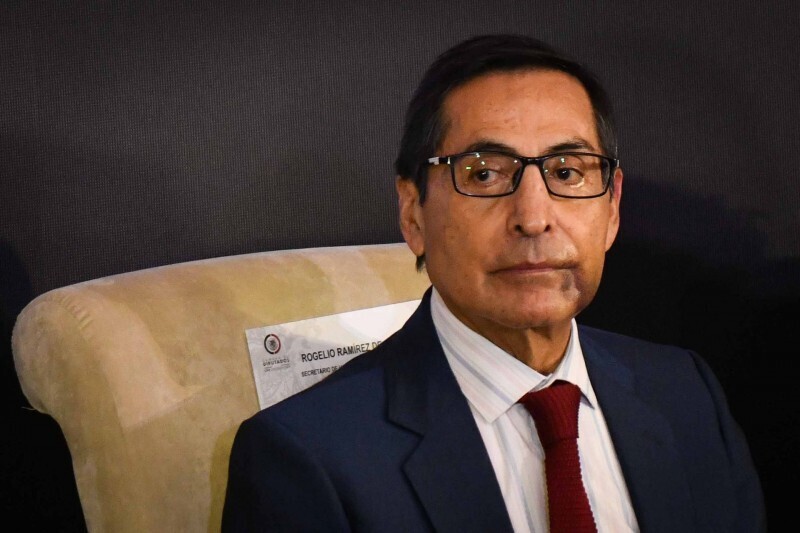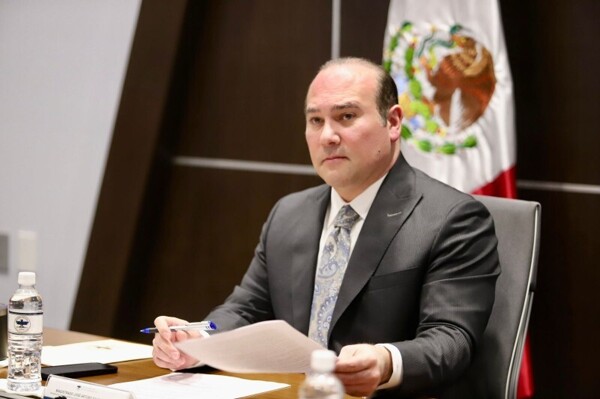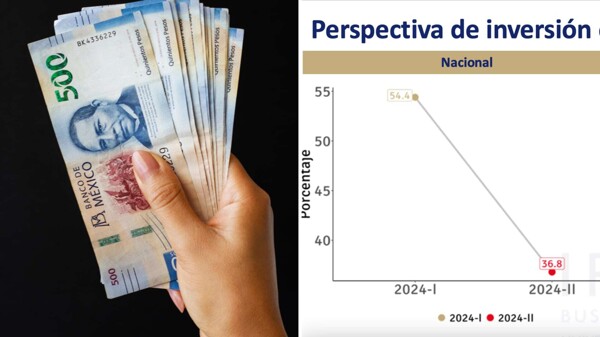
If the Supreme Court of Mexico annulled the proposed reform and only voted on the election of the members of the highest tribunal, the necessary amount to carry out the process would decrease significantly. Rogelio Ramírez de la O, head of the Ministry of Finance, sees the Court's position as an advantageous outcome from an economic point of view for the Government. However, optimism regarding the decision of Mexico's president, Claudia Sheinbaum, is scarce.
Last week, Ramírez de la O's team has been closely monitoring two situations with similarities: the possibility of Donald Trump winning the U.S. elections and the tension between the Government and the Supreme Court in Mexico, specifically if Sheinbaum rejects a resolution from the court. This scenario appears complicated for the current administration, with forecasts of a sharp change in the exchange rate and a likely reduction in the credit rating.
The Secretary of Finance, after participating in the semiannual meetings of the International Monetary Fund and the World Bank in Washington, has confirmed the nervousness generated by the judicial reform at the international level and has observed that financial markets are realistically considering the possibility of a Republican victory in the imminent elections.
Ramírez de la O believes that Sheinbaum should comply with whatever the Court decides regarding the reform, arguing fiscal reasons. In an attempt to reduce the fiscal deficit, the Government would not be in a position to allocate the 13 billion pesos required by the National Electoral Institute (INE) for the election of magistrates. Among the expenses requested by the INE are 6,830 million pesos for training polling station coordinators and 4,522 million for logistical matters, funds that should be allocated in the early months of the year.
Therefore, according to sources close to the secretary, the draft Budget for the year 2025 currently does not contemplate allocating resources for the judicial reform.














